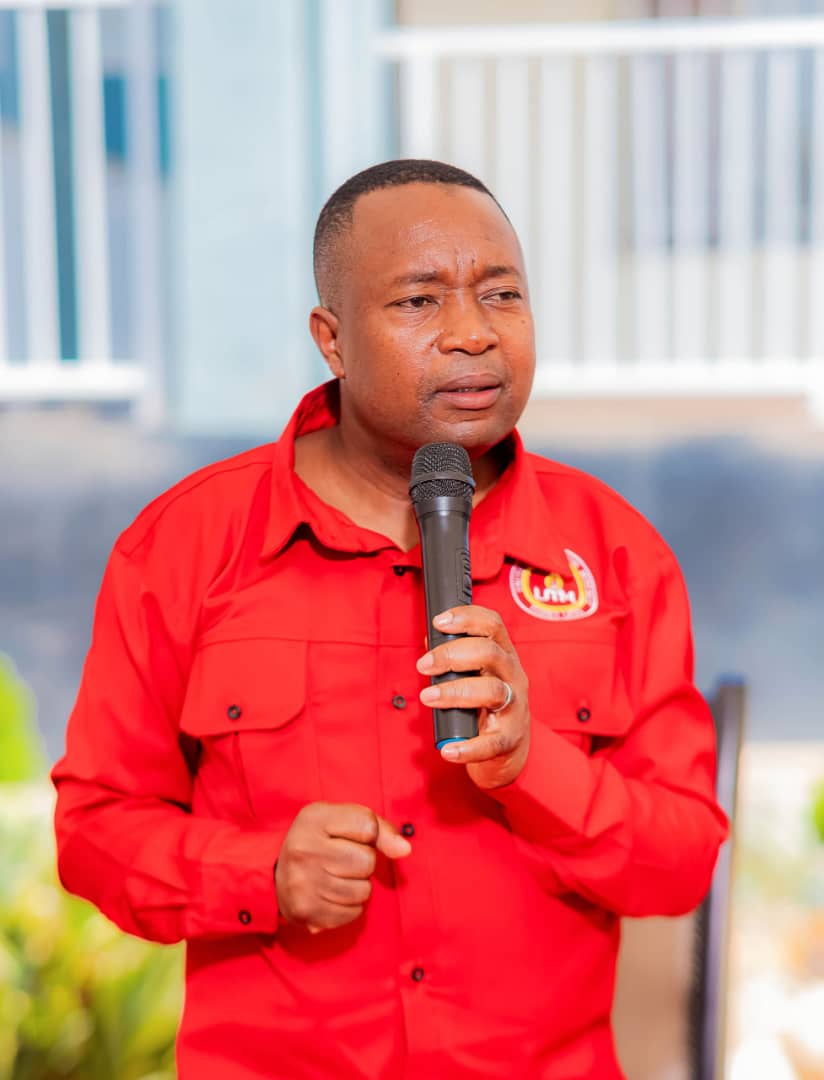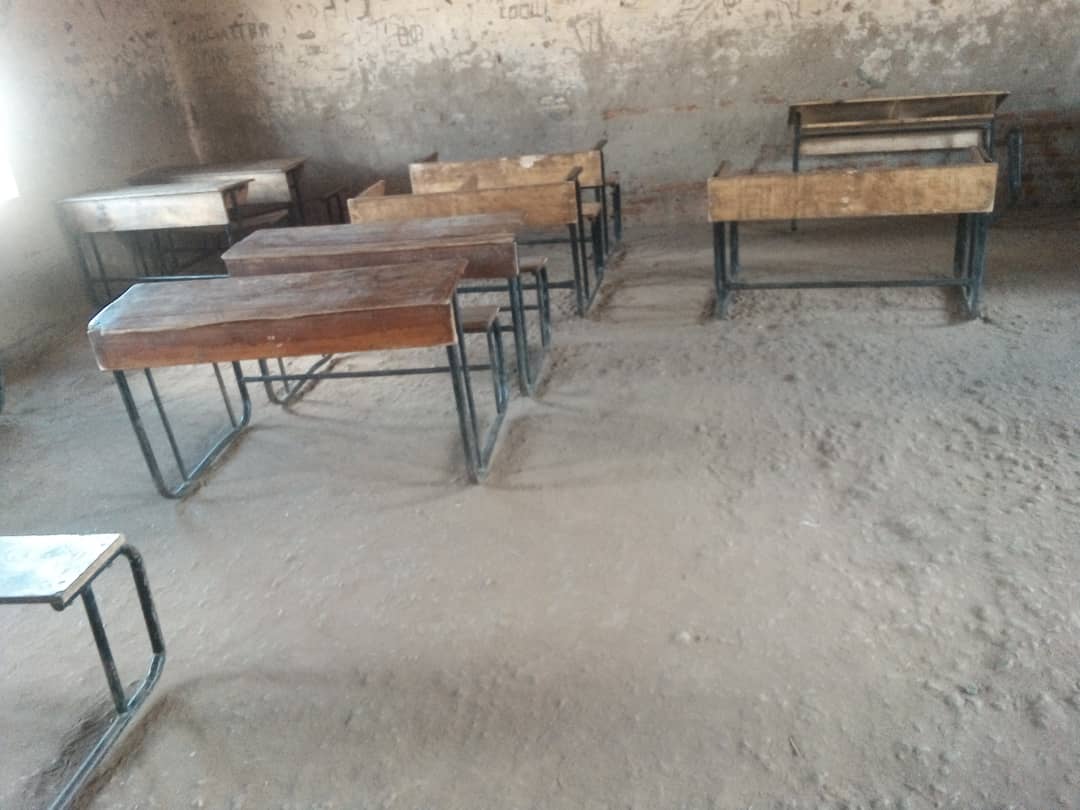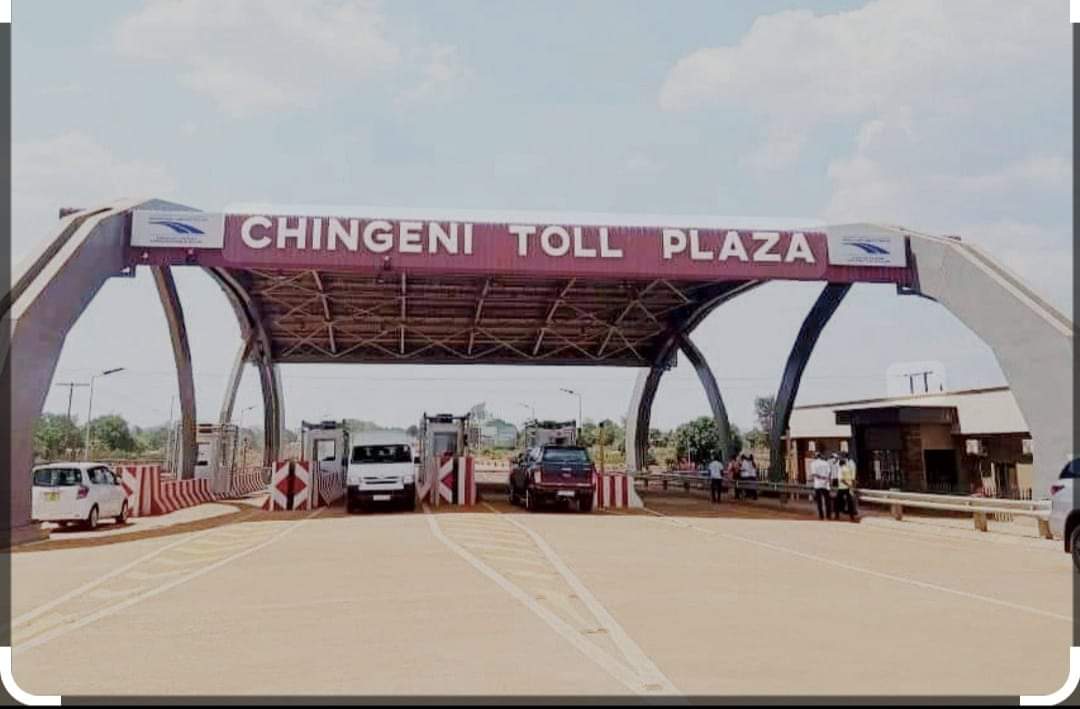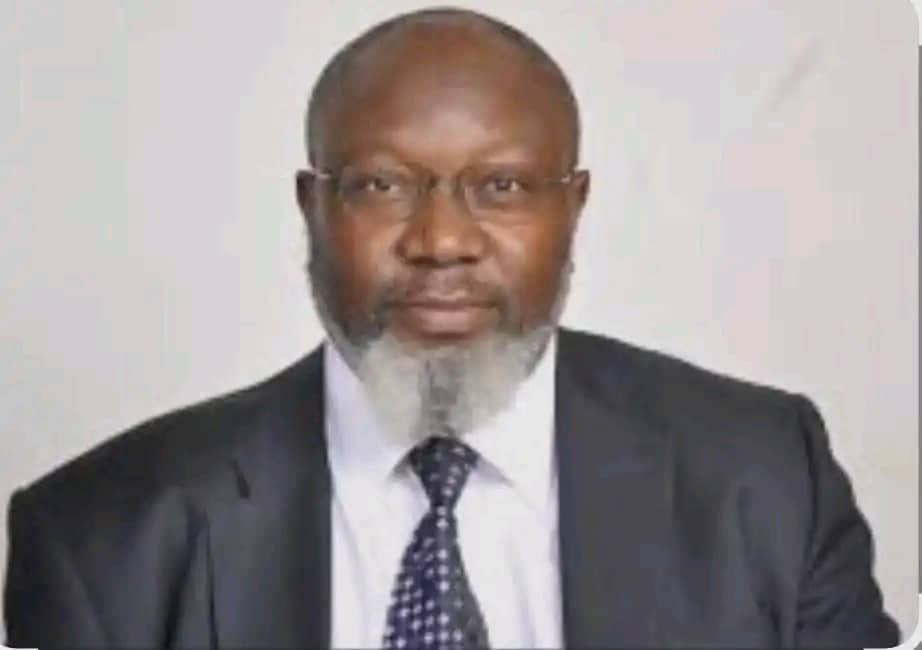By Rick Dzida
After APM announced his desire to run as the Democratic Progressive Party (DPP) presidential candidate and following the unexpected passing of Saulos Chilima in a mysterious plane accident, some Malawians were surprised to learn that Kabambe dumped DPP to run for the UTM presidency.
It is commonly acknowledged that Kabambe’s win at the UTM Presidential convention, where he thrashed experienced figures like Newton Kambala and Patricia Kaliati, as well as emerging UTM candidates like Mathews Mtumbuka, was a significant achievement.
Despite Kabambe’s extensive background in economic management, is it possible for him to win the 2025 presidential elections without the backing of an electoral alliance? This is because he would need to secure a minimum of 50% + 1 of all votes cast in order to be declared the winner.
Firstly, being a novice in the political arena, Kabambe does not have the same level of popularity and established backing as experienced politicians like Peter Mutharika and Lazarus Chakwera. Many voters tend to gravitate towards candidates with a history of successful political accomplishments, putting Kabambe at a disadvantage as he is still in the process of establishing his presence in politics.
As a result, it is not surprising that Kabambe is actively promoting himself throughout Malawi, while experienced political veterans including APM and Chakwera are discreetly planning for the upcoming campaign period in the comfort of their homes.
Furthermore, the UTM’s lack of well-established party structures in the local community results in inadequate local backing and organization. Establishing grassroots structures is pivotal in reaching out to voters, promoting participation, and cultivating a dedicated following, all of which are crucial for achieving success in elections.
As the DPP and MCP hold primary local elections in a competitive manner, the UTM is facing difficulties in finding candidates to participate in shadow MP primaries at the grassroots level. This explains why the UTM only managed to secure 4 MP seats in the 2019 elections.
Moreover, the lack of a strong presence in the UTM party will create difficulties for Kabambe in securing a significant amount of votes nationwide. Political analysts unanimously believe that having a stronghold provides a sturdy foundation for gaining backing, and lacking one may impede his chances of competing with established leaders from parties such as MCP and DPP, who boast large and loyal followings.
Additionally, since Kabambe hails from the Lhomwe area, he will have to contend with strong opponents from well-established parties such as DPP, PDP, and Odya Zake Alibe Mulandu who already have a solid backing in that particular region. This could potentially decrease his likelihood of securing victory in the upcoming presidential race.
Amidst the difficult economic conditions in Malawi caused by Chakwera’s unsuccessful economic strategies, Kabambe’s proficiency in economics is highly regarded. However, when electing a potential president, voters unfortunately take into account various factors such as tribal and regional connections, religious convictions, political loyalties, and the candidate’s integrity.
It is important to mention that Kabambe is currently facing accusations of altering financial data in a report submitted to the International Monetary Fund (IMF). The ambiguity surrounding the verdict of his case creates uncertainty for voters and may potentially compromise his chances of winning the presidential election.
In conclusion, without forming electoral alliances, Kabambe will most likely find it difficult to overcome these obstacles, as alliances can provide the necessary support, resources, and voter base to enhance his chances in elections.
If Kabambe decides to form electoral partnerships, it is strongly advisable that he shows humility by accepting the role of a running mate due to his lack of experience in politics.




